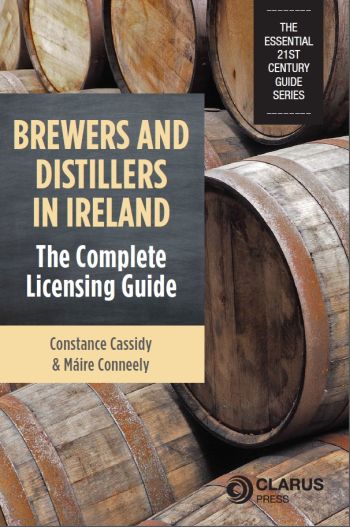We will be closed from 5pm Thursday 17th April for the Easter Bank Holidays, re-opening at 8.30am on Tuesday 22nd April. Any orders placed during this period will be processed when we re-open.

The distillation (sometimes illegal) of uisce beatha, poitín and gin has existed in Ireland over many centuries. In 1806, over 25% of the entire production of Irish whiskey was estimated to come from illicit stills. While the process of brewing and distilling has come a long way since the days Molly Gallivan produced her homemade poitín known as Molly’s Mountain Dew in the Kerry Mountains, laws from 1831 still apply to breweries and distilleries today.
In 1887, the annual output of whiskey manufactured in Ireland was 10,620,584 gallons. There were many thriving distilleries in Dublin and Cork, and in Tullamore and Kilbeggan, and elsewhere, many of which still survive and are indeed thriving today. As of June 2019, Ireland has twenty-five distilleries in operation, with a further twenty-four either planned or under development. As of 2018, sales of Irish whiskey stood at 10.7 million 9-litres cases, up from 4.4 million cases in 2008, with sales projected to exceed 12 million cases (its historical peak) by 2020.
For the first time, this handbook draws together the licensing laws governing breweries and distilleries from the Illicit Distillation (Ireland) Act 1831 to the Intoxicating Liquor (Breweries and Distilleries) Act 2018. Brewers and Distillers in Ireland: The Complete Licensing Guide discusses all the different types of manufacturers’ licences, the rights and obligations of the manufacturer and how to obtain a manufacturer’s licence from Revenue. The sale of the manufactured product by wholesale is also discussed, as is its retail sale, which was introduced for the first time by the Act of 2018.
Differing permitted hours for on-sales and off-sales are discussed, as are offences and penalties.
The Intoxicating Liquor (Breweries and Distilleries) Act 2018 has allowed for the first time the retail sale of alcohol (spirits and/or beer) on the premises where such alcohol is manufactured.